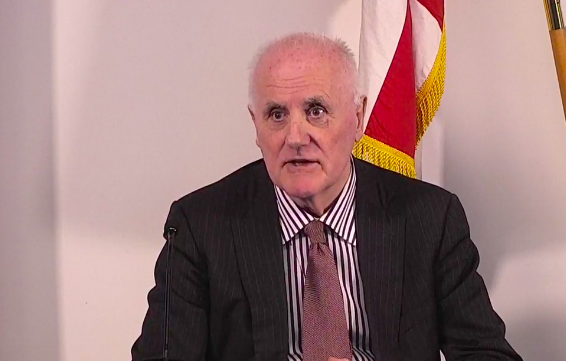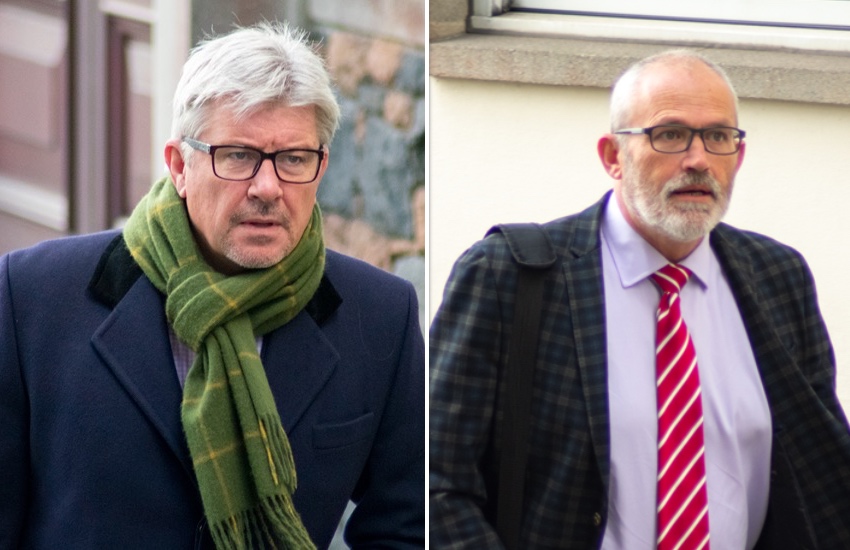


The Policy & Resources Committee will not be resigning following the stalemate tax debate and have vowed to battle on until the end of the political term, the President of P&R has said.
A “constructive” meeting was held by senior politicians yesterday after the dust had settled following the intense debate on tax and GST last month.
“We’ve got to accept that there’s no GST coming back in this Assembly,” Deputy Peter Ferbrache said, adding that it will “be interesting to see” if a future P&R decide to put a consumption tax back onto the agenda.
He maintains that the committee were right to its GST, social security, and redistribution package.
Now, the Committee is concerning itself with the long list of reviews ordered by the deputies at the end of the tax debate rather than developing a new tax and spend compromise, but Deputy Ferbrache said the Committee’s door is always open.
A review into major building projects should be completed by the end of March, which includes those already in the pipeline such as the second phase of the hospital modernisation project.
Deputy Ferbrache said any project which could end up on the chopping block would see P&R consult the relevant committee president about the consequences of cancelling capital expenditure, using the Committee of Health & Social Care as an example.

Pictured: Deputy Peter Ferbrache addressed the media yesterday following the first P&R meeting since the tax debate.
P&R Vice President Mark Helyar will head up the group investigating further changes to the tax system, including corporate taxation, with a view to recommend changes to raise up to £20m per year by November.
Meanwhile, Deputy David Mahoney will lead a cross-Assembly group looking to deliver millions of pounds worth of savings in the public sector through cuts, outsourcing or restructuring.
Deputy Ferbrache said additional politicians and non-States members will be approached for positions on the new groups within the next two weeks. Both those special subgroups were strongly supported by States members at the end of debate.
Deputy Ferbrache said eyes should be on cost-cutting deputies’ voting intentions if and when proposals to increase government expenditure come forward in the remainder of the term.
“The situation is we've got to realise that unless there are very radical developments we will as an island effectively be in a very difficult financial position in three or four-year’s time,” he said.
“So, those who have voted for no substantial tax increases and walk around with banners and chanting no GST, when we come to the cost cutting part of the proposals that we're going to have to do, they're gonna have to say how they're going to meet them.
“But the reality is that if we haven't got the income, if we haven't got the revenue, then the alternative is that they will have to be services charged for or services not delivered. That would be a difficult test for the public and that would be the difficult task for the States Assembly.”

Pictured: Deputies Helyar and Mahoney will chair new investigation committees.
States members also directed Policy & Resources to review public sector staff pay and conditions for new entrants, look for additional tax revenue from transport, parking, and the visitor economy, and see if those on benefits could be encouraged into the workforce.
An estimate of the fiscal black hole will need to be included in future budget statements, and a long term vision for the Bailiwick will be drawn up before 2025.
Comments
Comments on this story express the views of the commentator only, not Bailiwick Publishing. We are unable to guarantee the accuracy of any of those comments.